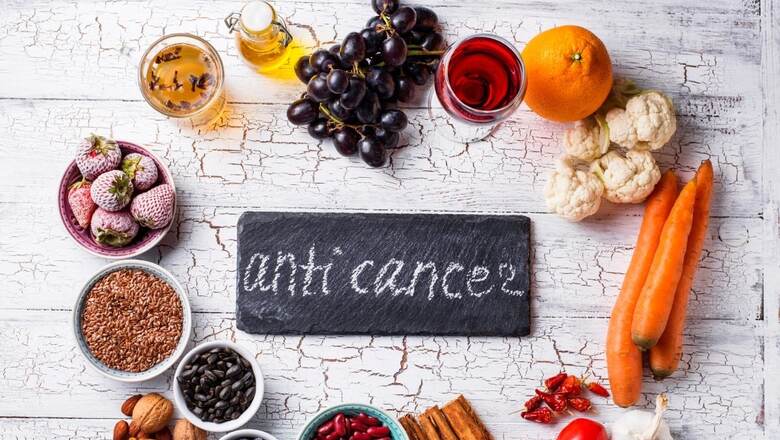
views
World Cancer Day, observed on February 4 each year, serves as a global initiative to raise awareness about cancer, its prevention, detection and treatment. Led by the Union for International Cancer Control (UICC), the day aims to reduce the burden of cancer-related illnesses and deaths worldwide. The theme for World Cancer Day 2022-2024 is “Close the Care Gap,” highlighting the importance of equitable access to cancer care.
While the day focuses on awareness and treatment, attention to preventive measures, such as a healthy diet, is crucial. Here, we explore five cancer-fighting foods that may contribute to reducing the risk of cancer, based on multiple studies published in the National Library of Medicine:
Apples
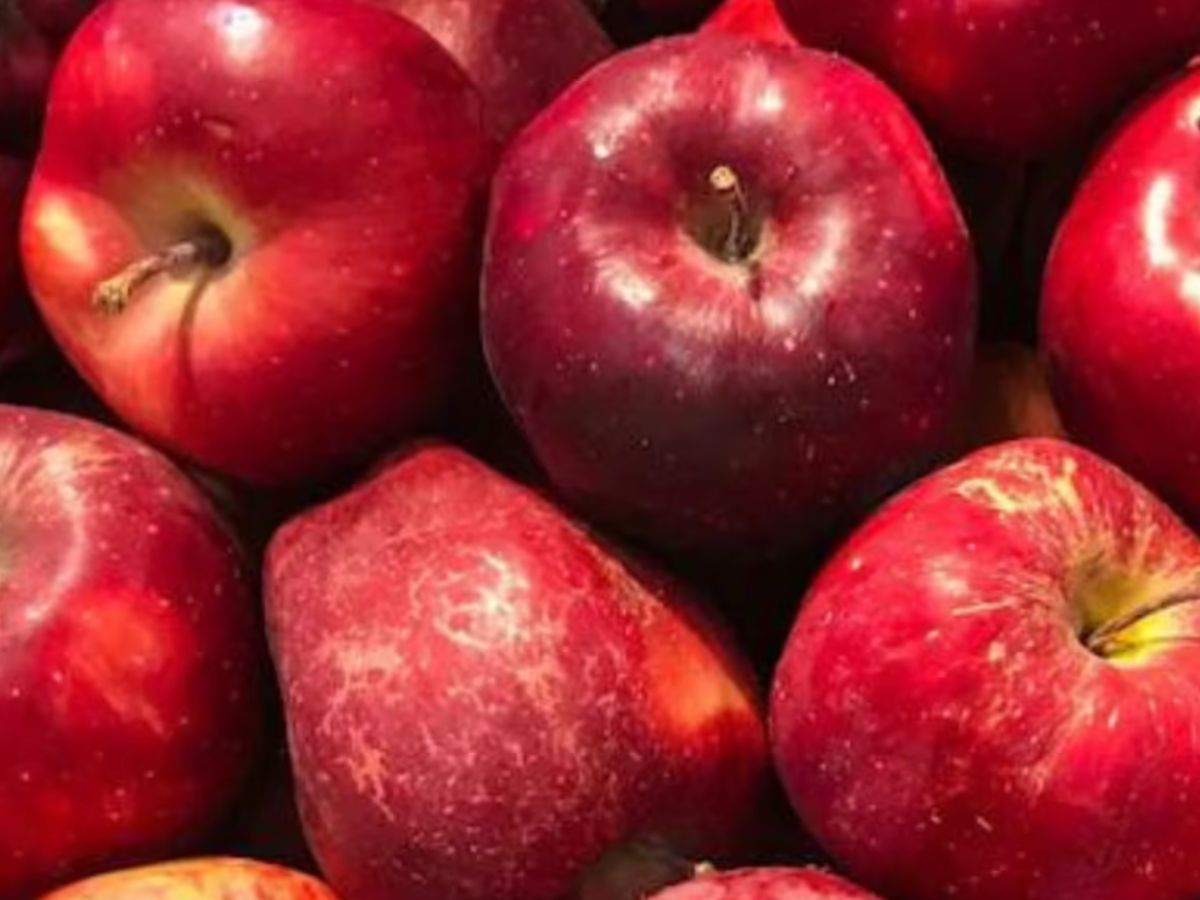
Apples are not just a popular snack; they also contain polyphenols with potential anticancer properties. Polyphenols, plant-based compounds, have been studied for their role in preventing inflammation, cardiovascular disease and infections. Research from the National Library of Medicine suggests that apple phloretin, a polyphenol, inhibits the growth of breast cancer cells without affecting healthy cells. This compound works by inhibiting a protein called glucose transporter 2 (GLUT2), associated with advanced-stage cell growth in certain types of cancer.
Broccoli
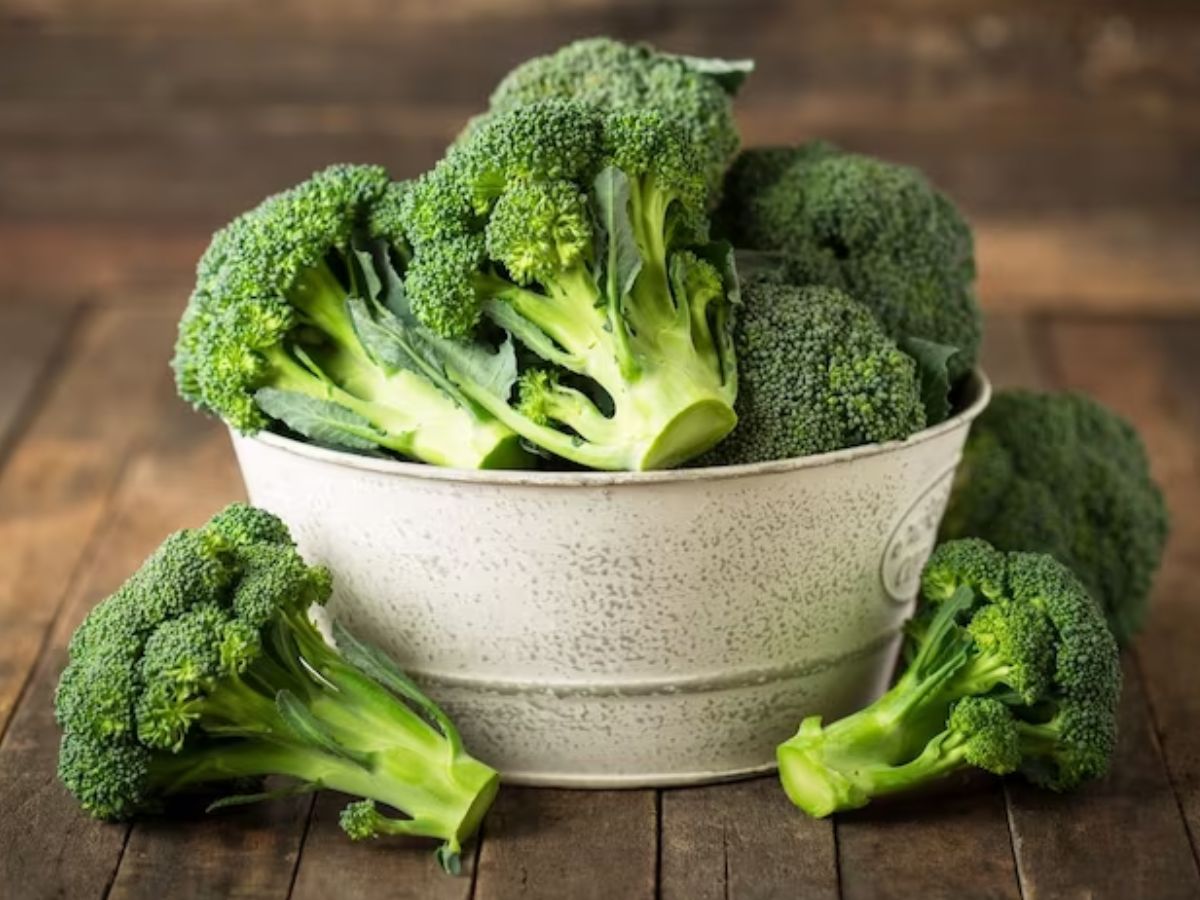
Broccoli is a cruciferous vegetable rich in sulforaphane, a plant compound with potent anticancer properties. Studies, although mainly conducted in test tubes and animals, have shown that sulforaphane can reduce the size and number of breast cancer cells and decrease prostate cancer cell growth. Additionally, a higher intake of cruciferous vegetables like broccoli has been associated with a lower risk of colorectal cancer. Including broccoli in your diet a few times per week may offer cancer-fighting benefits, but more human studies are needed for conclusive evidence.
Carrots
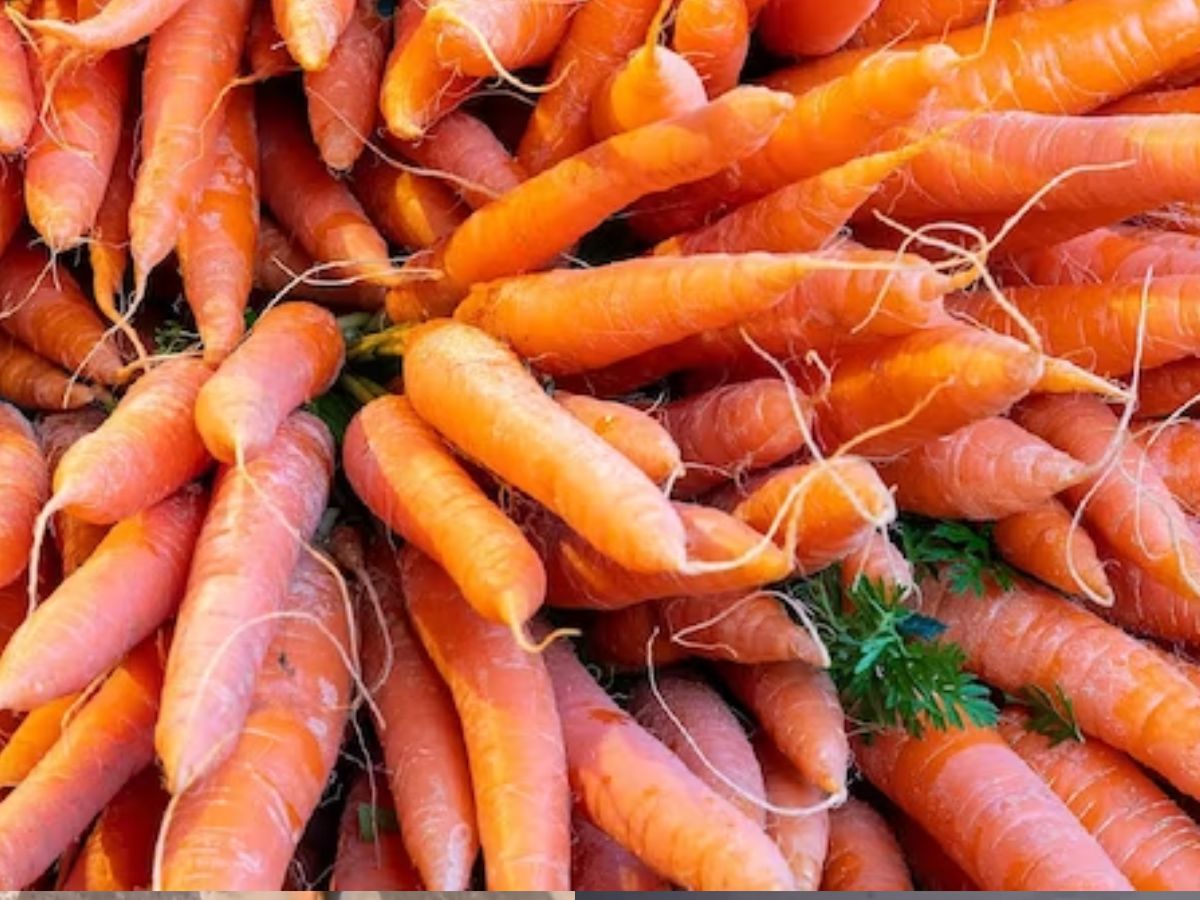
Several studies suggest a link between increased carrot consumption and a decreased risk of certain cancers. Carrots have been associated with a reduced risk of stomach, prostate and lung cancers. For instance, a study analysing the diets of participants found that smokers who did not eat carrots were three times as likely to develop lung cancer compared to those who consumed carrots regularly. Incorporating carrots into your diet as a snack or side dish might contribute to a potential reduction in cancer risk.
Fatty Fish
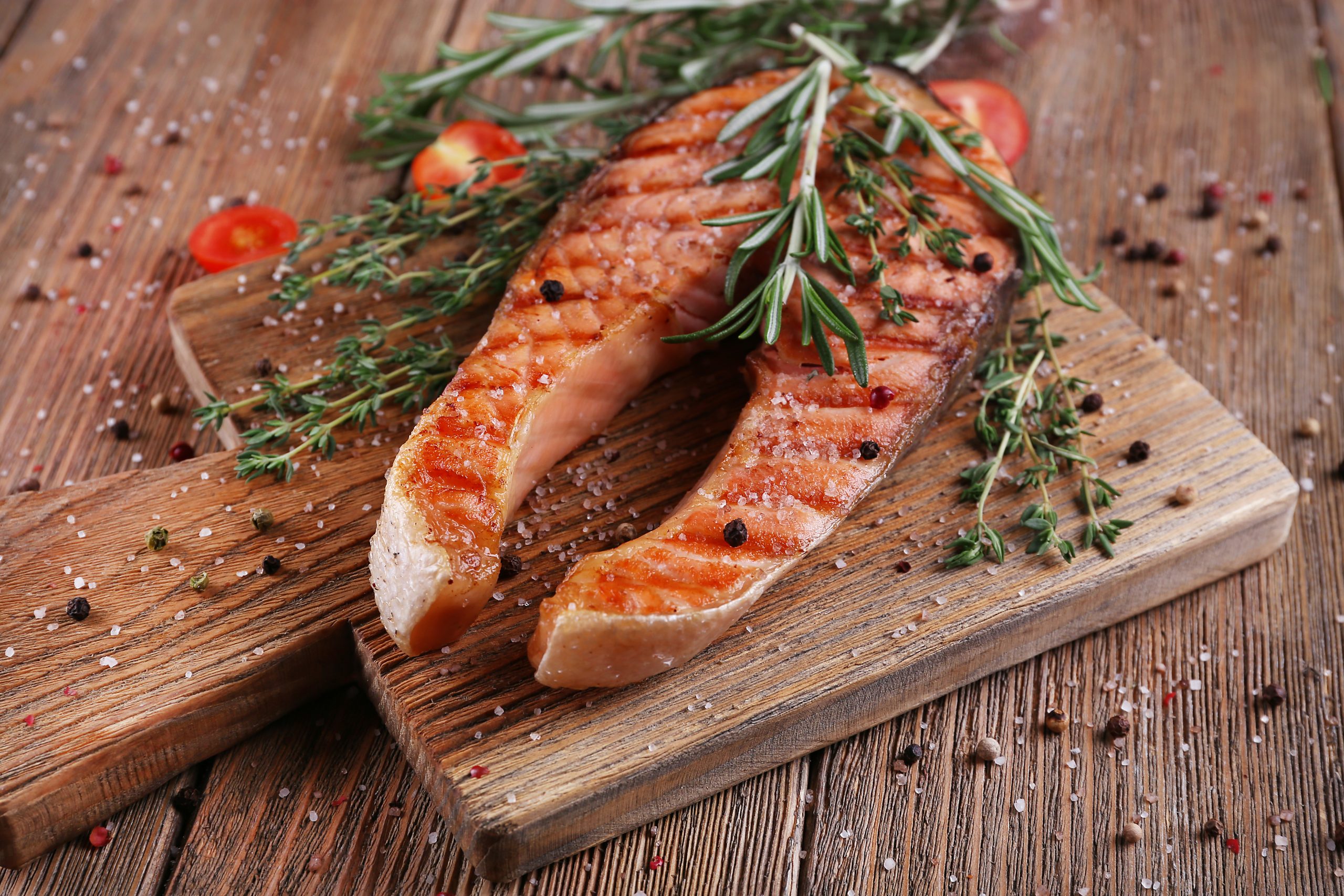
Fatty fish, such as salmon, mackerel and anchovies, are rich in essential nutrients like B vitamins, potassium and omega-3 fatty acids. Research suggests that omega-3 fatty acids from fish may have a protective effect against breast cancer, particularly in Asian populations. A meta-analysis from 2022 also associates fish consumption with a lower risk of developing colorectal cancer. However, conflicting findings in some studies indicate the need for further research to establish a more definitive link between fish consumption and cancer prevention.
Grapes
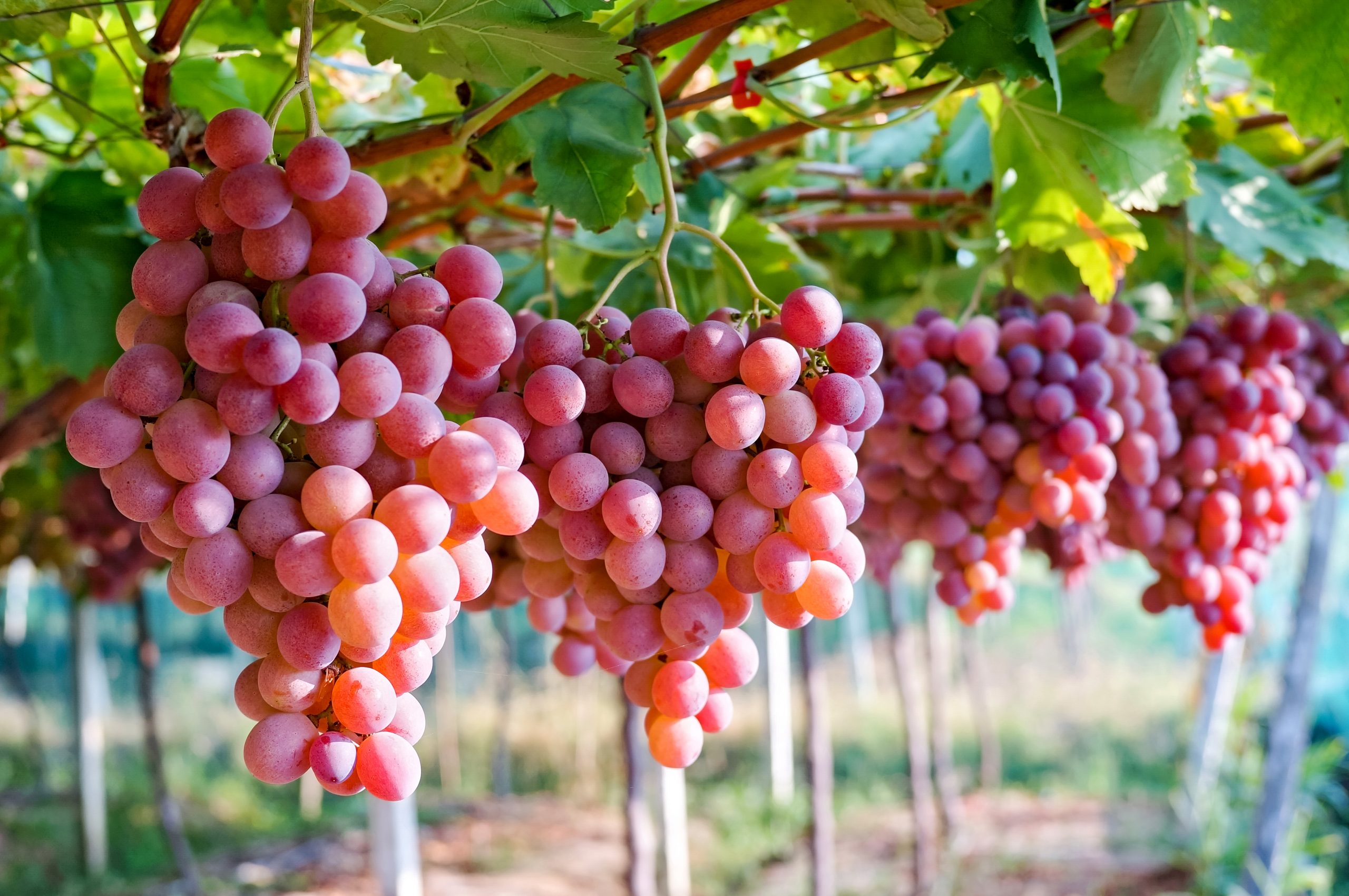
Resveratrol, an antioxidant found in red grape skins, has shown promise in fighting cancer. Some sientists believe that, with further research, it could become a valuable tool in cancer therapy. Grapes and grape seeds also contain other nutrients like flavonols, phenolic acids, anthocyanins (in red and purple grapes), proanthocyanidins, and catechins, all of which have antioxidant and potentially cancer-fighting properties. Including grapes in your diet may offer a tasty and healthful addition to your nutrition plan.




















Comments
0 comment